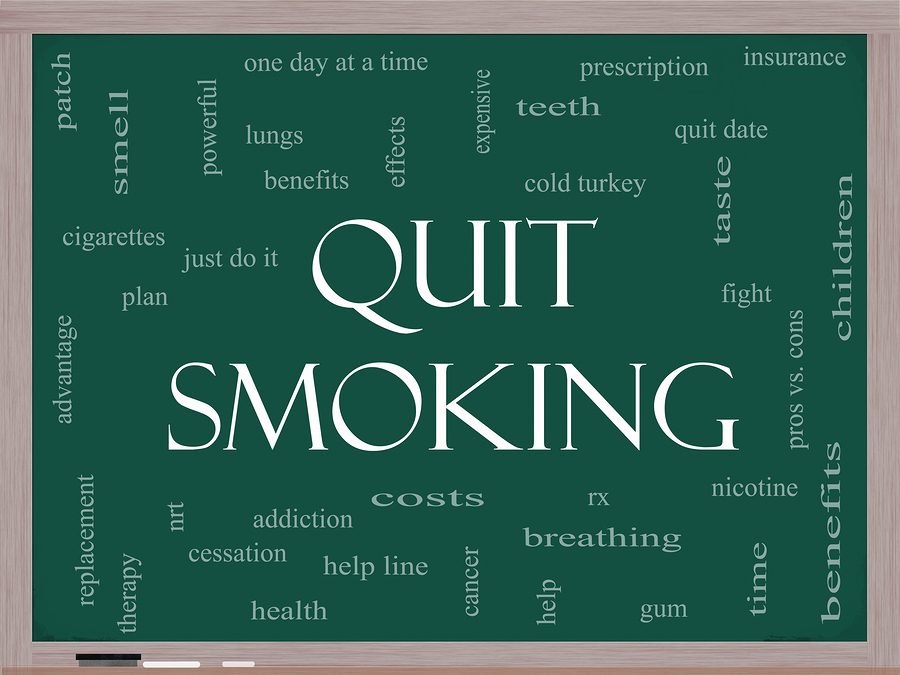Benefits of Stop Smoking
Smoking is a harmful habit that affects millions of people worldwide. Quitting smoking can have numerous benefits for both your physical and mental health. In this article, we will explore the various advantages of stopping smoking and how it can positively impact your life.
Improved Physical Health
When you quit smoking, your body begins to repair itself almost immediately. The benefits of stopping smoking on your physical health are significant:
- Reduced risk of cancer: Smoking is a leading cause of various types of cancer, including lung, throat, and mouth cancer. By quitting smoking, you significantly reduce your risk of developing these life-threatening diseases.
- Better cardiovascular health: Smoking damages your heart and blood vessels, increasing the risk of heart attacks, strokes, and other cardiovascular diseases. When you stop smoking, your heart health improves, reducing the chances of these serious conditions.
- Improved lung function: Smoking damages your lungs and can lead to conditions like chronic bronchitis and emphysema. Quitting smoking allows your lungs to heal and improves their function, leading to better respiratory health.
- Enhanced immune system: Smoking weakens your immune system, making you more susceptible to infections and illnesses. When you quit smoking, your immune system strengthens, improving your body’s ability to fight off diseases.
Enhanced Mental Well-being
Quitting smoking not only benefits your physical health but also has a positive impact on your mental well-being:
- Reduced stress and anxiety: Contrary to popular belief, smoking does not relieve stress but actually increases it. Nicotine addiction creates a cycle of stress and cravings. When you quit smoking, you break free from this cycle, leading to reduced stress and anxiety levels.
- Improved mood: Smoking affects the balance of chemicals in your brain, leading to mood swings and irritability. Once you quit smoking, your brain chemistry begins to normalize, resulting in a more stable and positive mood.
- Increased focus and concentration: Smoking impairs cognitive function, making it difficult to concentrate and focus. By quitting smoking, you enhance your mental clarity, memory, and overall cognitive abilities.
Financial Benefits
Smoking is an expensive habit that can take a toll on your finances. When you stop smoking, you not only improve your health but also save a significant amount of money:
- Savings on cigarettes: The cost of cigarettes can add up quickly, especially for heavy smokers. By quitting smoking, you can save hundreds or even thousands of dollars each year.
- Reduced healthcare expenses: Smoking-related illnesses require medical treatment, which can be costly. By quitting smoking, you decrease the likelihood of developing these illnesses, resulting in lower healthcare expenses.
- Lower insurance premiums: Many insurance companies charge higher premiums for smokers due to the increased health risks. When you quit smoking, you may be eligible for lower insurance premiums, saving you even more money.

Quitting smoking is a decision that can have life-changing benefits. By stopping smoking, you improve your physical health, enhance your mental well-being, and save money. The advantages of stopping smoking go far beyond what can be summarized in this article. If you are a smoker, consider taking the necessary steps to quit and enjoy a healthier, happier life.
Frequently Asked Questions about the Benefits of Stop Smoking
1. What are the immediate benefits of quitting smoking?
When you quit smoking, your body starts to heal immediately. Within 20 minutes, your heart rate and blood pressure drop. After 12 hours, the carbon monoxide level in your blood returns to normal.
2. How does quitting smoking improve my lung health?
Quitting smoking allows your lungs to repair themselves. Over time, your lung capacity improves, making it easier to breathe. Coughing and shortness of breath also decrease.
3. Will quitting smoking improve my sense of taste and smell?
Yes, quitting smoking can enhance your sense of taste and smell. As your taste buds and olfactory receptors heal, you’ll notice flavors and scents more vividly.
4. What are the long-term benefits of quitting smoking?
Quitting smoking reduces your risk of developing serious health conditions such as lung cancer, heart disease, stroke, and respiratory infections. It also improves your overall life expectancy.
5. Can quitting smoking improve my skin’s appearance?
Yes, quitting smoking can improve your skin’s appearance. Smoking damages collagen and elastin, leading to premature aging, wrinkles, and dull skin. Quitting allows your skin to regenerate and regain its natural glow.
6. How does quitting smoking benefit my financial situation?
Smoking is an expensive habit. By quitting, you can save a significant amount of money that would have been spent on cigarettes. This extra cash can be used for other purposes or to improve your financial stability.
7. Does quitting smoking improve fertility?
Yes, quitting smoking can improve fertility in both men and women. Smoking negatively affects reproductive health, including sperm quality and egg production. Quitting increases the chances of conceiving and having a healthy baby.
8. Will quitting smoking improve my athletic performance?
Quitting smoking can enhance your athletic performance. Smoking reduces lung capacity, decreases oxygen supply to muscles, and impairs endurance. After quitting, your lung function improves, allowing for better physical performance.
9. How does quitting smoking benefit my mental health?
Quitting smoking has positive effects on mental health. It can reduce symptoms of anxiety and depression, improve mood, and enhance overall mental well-being. Quitting smoking can also increase your ability to cope with stress.
10. Can quitting smoking improve my social life?
Quitting smoking can have a positive impact on your social life. It eliminates the need to step outside for smoke breaks, reduces secondhand smoke exposure to others, and improves the smell of your breath and clothes, making social interactions more pleasant.




